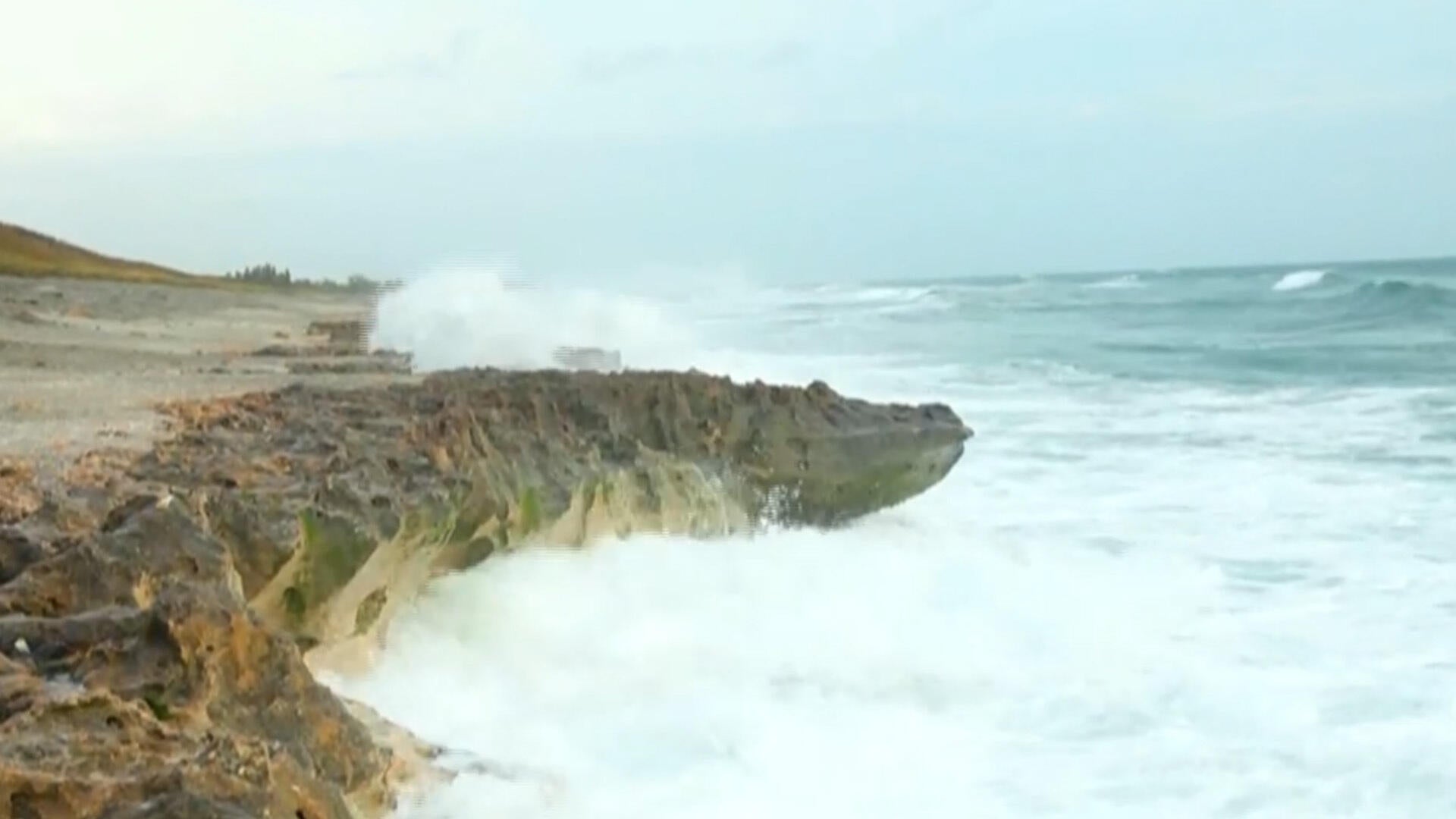Climate Change News: How Extreme Weather is Shaking Up U.S. Housing and Lending
The effects of climate change are becoming increasingly evident, especially in the financial and housing sectors. As new climate change news emerges, homeowners and lenders alike are facing unprecedented risks from natural disasters. In this article, we examine the latest insights into how extreme weather is threatening American homes and altering the landscape of the mortgage market.

Increasing Foreclosures Linked to Extreme Weather
One of the most alarming developments in climate change news is the predicted surge in foreclosures due to severe weather events. Researchers at First Street, a firm specializing in climate impact analysis, have projected that by 2035, climate-driven incidents like flooding and wind damage could account for up to 30% of all U.S. foreclosures. This marks a dramatic rise from just 7% today. These findings highlight that low- to moderate-income families are especially at risk, as the value of their property often represents the bulk of their wealth (CBS News).
The driving factors behind this trend include increased costs of repairs following disasters and the rising premiums for homeowners insurance. As a result, more people are forced into foreclosure, and lenders are seeing higher credit losses. First Street’s report estimates that annual lender losses linked to climate events could jump from $1.2 billion in 2025 to as much as $5.4 billion within ten years.
Rising Insurance Costs and Credit Risk
Another pressing issue in recent climate change news is the effect of rising insurance premiums on homeowners’ financial stability. Not only are insurance companies raising rates or even pulling out of high-risk markets like California and Florida, but many homeowners are also finding coverage unaffordable. For each 1% increase in insurance costs, the foreclosure rate is projected to rise by a similar percentage (CBS News).
According to CNN, the lack of affordable insurance puts many families one disaster away from losing their homes. Insurance gaps are especially pronounced outside designated FEMA flood zones. Data suggests that properties hit by floods face a 57% higher foreclosure rate than nearby, unflooded homes.
How Lenders and Credit Agencies are Responding
Lenders have traditionally assessed a buyer’s income, debt, and credit score without factoring in the unique risks posed by climate change. However, the tide is turning. Industry experts are now calling for climate risk to become a standard element in evaluating a borrower's creditworthiness. Integrating climate data into lending decisions can help protect both homeowners and lenders. Still, it may also result in tougher borrowing conditions and higher costs for future homebuyers (Axios).
Regional Impacts and What Homeowners Can Do
Florida, Louisiana, and California are projected to bear the brunt of climate-related mortgage losses over the next decade. Densely populated areas with high property values and a high number of underinsured residents are especially vulnerable. However, even inland states are not immune—intensifying rainfall and river flooding are expected to drive foreclosure rates higher nationwide.
Homeowners should consider reviewing their insurance policies, even if they live outside of official flood zones. It’s essential to understand your risk profile, as gaps in insurance coverage dramatically increase the chances of default and foreclosure in the wake of a disaster.
Conclusion: Staying Informed Amidst Changing Risks
Staying current with the latest climate change news is not just about understanding global weather patterns. It's directly tied to the financial well-being of homeowners and the stability of the broader housing market. As extreme weather events become more frequent, it’s crucial for both homeowners and lenders to adapt quickly, consider climate risks in future decisions, and push for improved data and policies.
For additional insights into the evolving relationship between climate hazards, foreclosures, and credit scoring, you can visit comprehensive reports from CBS News, CNN, and Axios. Staying informed will help you better protect your home and finances in the face of ongoing climate uncertainties.